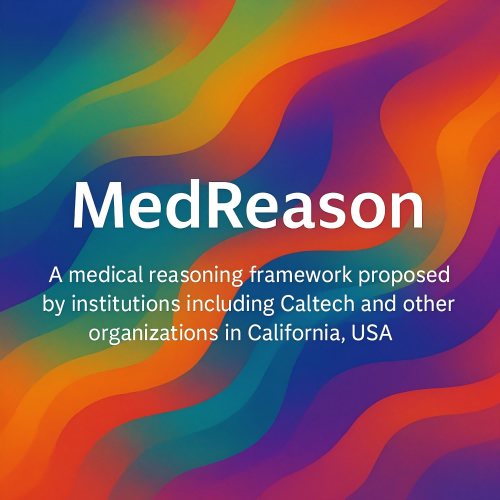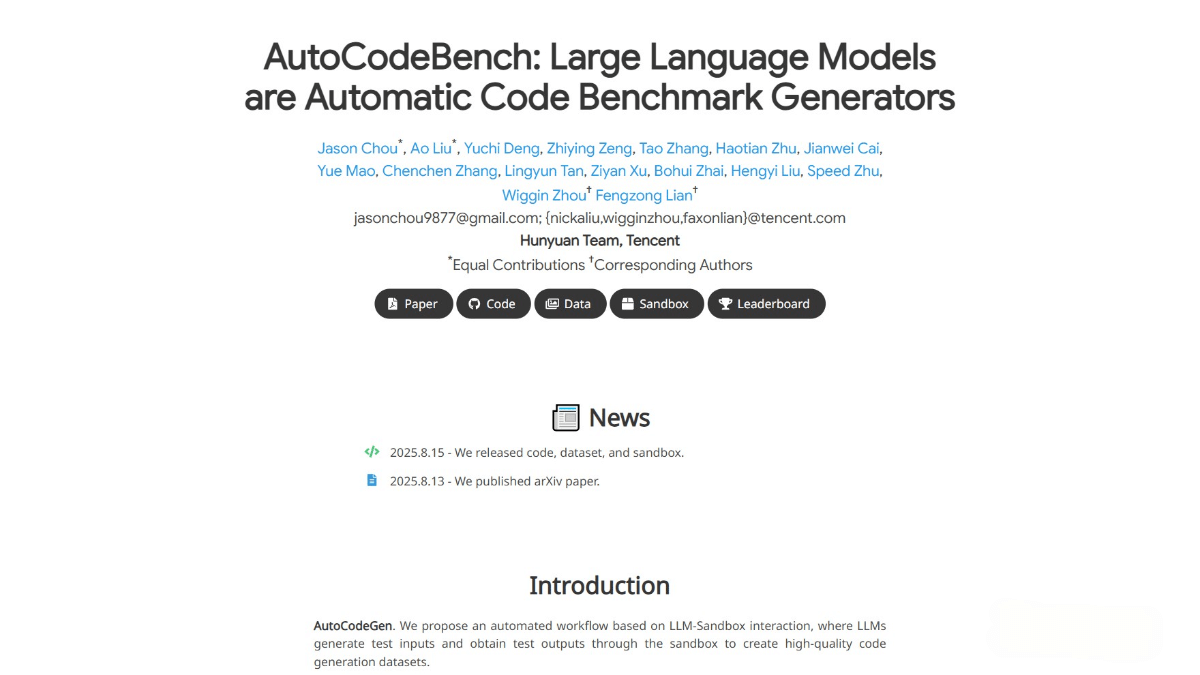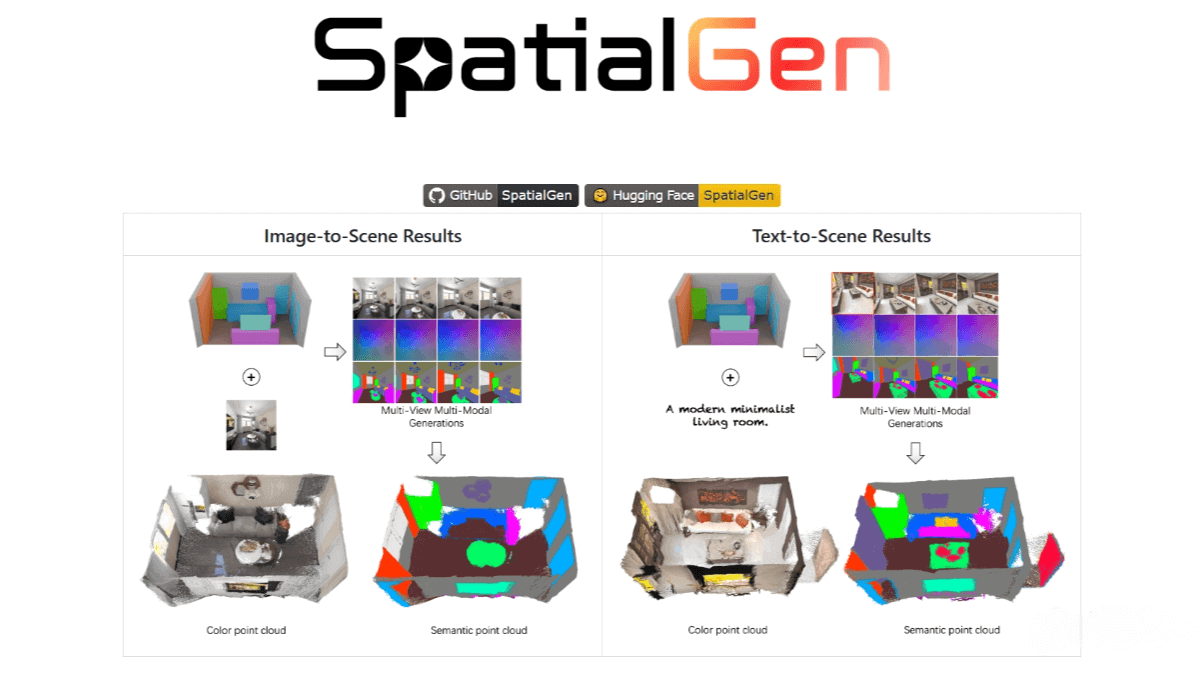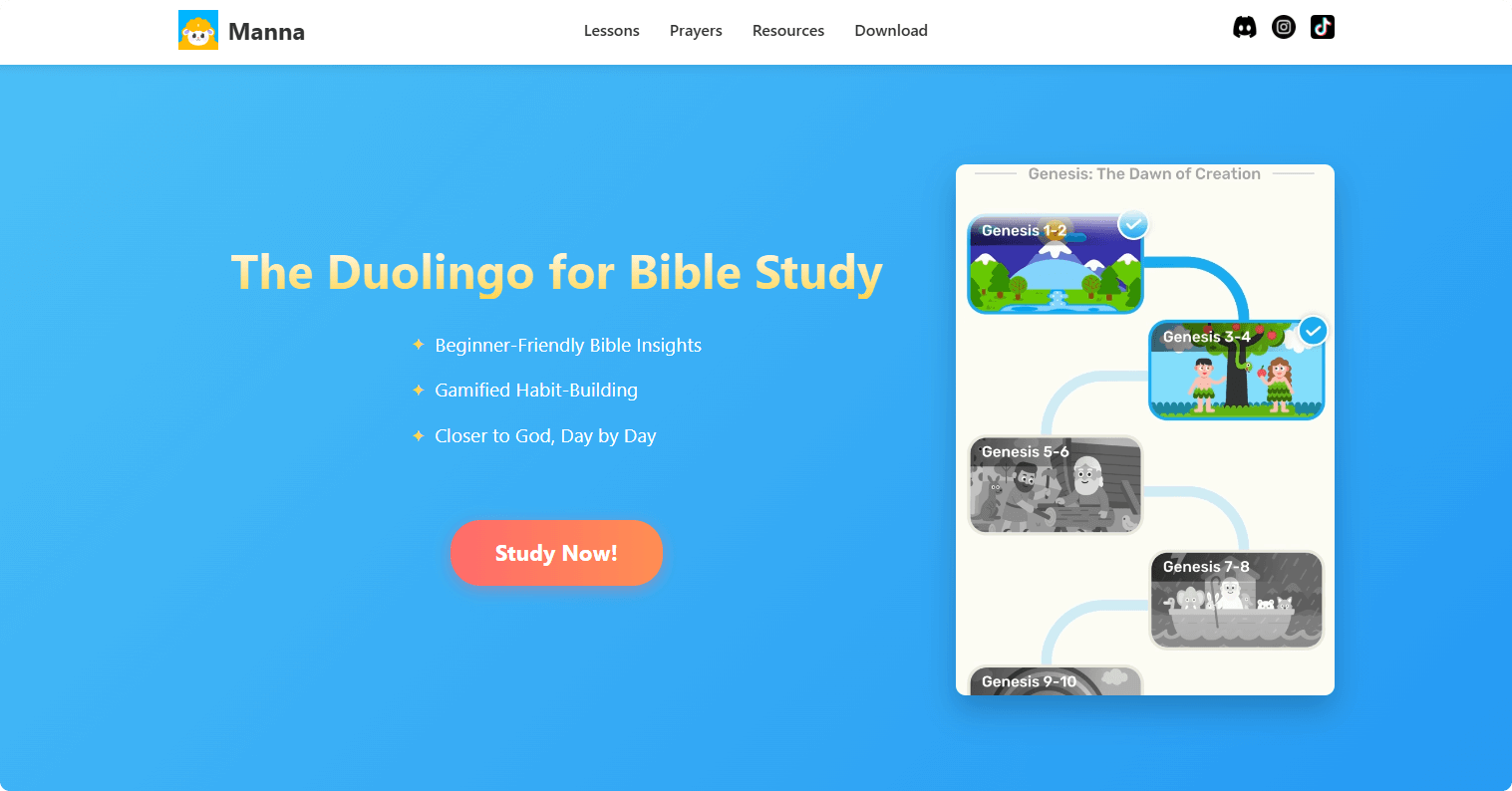MedReason – A medical reasoning framework launched jointly by institutions in the US, including those in California, and Nanyang Technological University
What is MedReason?
MedReason is a medical reasoning framework developed by institutions such as the University of California, Santa Cruz, the University of British Columbia in Canada, and Nanyang Technological University in Singapore. It leverages knowledge graphs to enhance the reasoning capabilities of large language models (LLMs) in the medical field. Among them, the best-performing model, MedReason-8B, achieves state-of-the-art performance. MedReason converts clinical question-answer pairs into logical reasoning chains (“thought paths”), ensuring that each step of the reasoning is supported by reliable medical knowledge. The MedReason dataset contains 32,682 question-answer pairs, each accompanied by detailed step-by-step explanations. Experiments demonstrate that models fine-tuned with MedReason exhibit significantly improved performance on multiple medical benchmark tests, especially in complex clinical scenarios. Expert evaluations confirm the accuracy and coherence of the reasoning, providing important support for the practical application of medical AI.

The main functions of MedReason
- Generate high-quality medical reasoning data: Convert clinical question-answer pairs into logical reasoning chains (“thinking paths”), ensuring that each step of the reasoning is supported by reliable medical knowledge.
- Enhance model performance: Utilize supervised fine-tuning (SFT) to significantly improve the performance of LLMs in medical question answering and reasoning tasks, especially in complex clinical scenarios.
- Ensure medical accuracy: Leverage expert validation and quality filtering mechanisms to ensure that the generated reasoning paths are medically accurate and coherent.
- Support diverse medical tasks: Applicable to a variety of medical question answering and reasoning tasks, including diagnosis, treatment planning, and medical knowledge verification.
The technical principles of MedReason
- Medical Entity Extraction and Mapping: Extract medical entities from questions and answers using a large language model (LLM). Map the extracted entities to nodes in a knowledge graph through exact matching, similarity matching, or LLM-based selection.
- Path Search and Pruning: Search for the shortest path connecting the question and answer entities in the knowledge graph, ensuring the reasoning path is concise and logical. Use LLMs to prune paths irrelevant to the current question, retaining only the most relevant reasoning paths.
- Chain-of-Thought (CoT) Generation: Based on the filtered reasoning paths as a structural scaffold, guide the LLM to generate chain-of-thought (CoT) explanations grounded in medical facts. Each step of the reasoning aligns with the medical knowledge in the knowledge graph, ensuring the reasoning’s accuracy and interpretability.
- Quality Filtering: Implement a validation step where the LLM uses the generated CoT to answer the question and compares it with the original answer. Systematically eliminate CoT samples that fail to produce correct answers, ensuring high data quality.
- Supervised Fine-Tuning (SFT): Fine-tune LLMs using the high-quality CoT data to enhance the model’s performance in medical reasoning tasks.
The project address of MedReason
- GitHub Repository: https://github.com/UCSC-VLAA/MedReason
- Hugging Face Model Hub: https://huggingface.co/collections/UCSC-VLAA/medreason
- arXiv Technical Paper: https://arxiv.org/pdf/2504.00993
Application scenarios of MedReason
- Medical Q&A System: Develop an intelligent medical Q&A system to help doctors, medical students, and patients quickly obtain accurate medical information.
- Auxiliary Diagnosis Tool: Serve as an auxiliary diagnosis tool in clinical practice, assisting doctors in analyzing patients’ symptoms and medical history to generate possible diagnostic suggestions.
- Medical Education and Training: Used in medical education and training to help medical students and practitioners learn complex medical reasoning processes through real-world cases.
- Medical Research and Knowledge Discovery: MedReason is applied in medical research to assist researchers in exploring new medical knowledge and treatment methods.
Related Posts




